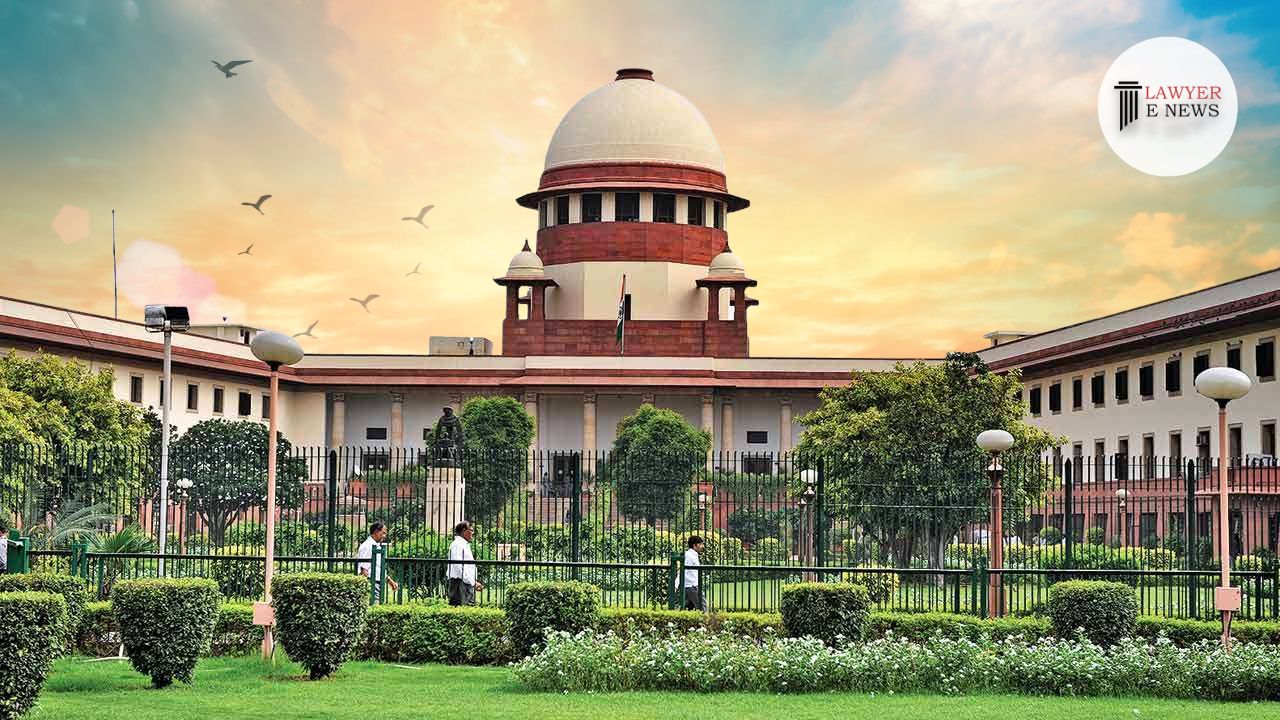-
by Admin
15 February 2026 2:36 AM



On 17 April 2023, Supreme Court, in case titled STATE OF RAJASTHAN VS ASHARAM@ ASHUMAL ( Asha Ram Bapu Case) , has recently observed that the discretion to allow additional evidence at the appellate stage should be exercised with caution and only in cases where there would be a failure of justice without such evidence. The court also held that the right to fair hearing of both the accused and the prosecution must be considered, and the power to take additional evidence is to prevent injustice and failure of justice.
The State of Rajasthan has appealed a judgment passed by the High Court of Rajasthan which allowed an application by the respondent - Asharam @ Ashumal to summon and record evidence of Ajay Pal Lamba, a former Deputy Commissioner of Police. Asharam has been convicted for various offences including sexual offences and is currently serving a sentence. The victim had given a complaint and her statement was recorded under Section 164 of the Cr.P.C. The investigation was conducted by Chanchal Mishra, and both the victim and the investigating officer were examined and cross-examined on several dates.
The respondent, Asharam @ Ashumal, filed an application under Section 391 of the Cr.P.C., alleging that the victim had never been inside the house where the offence was committed and that the case against him was false and concocted. The application claims that the victim was tutored based on a video of the scene of the crime shown to her a day prior to the preparation of the spot panchnama/Mauka Naksha and site maps. The application asserts that Ajay Pal Lamba, who was the then Deputy Commissioner of Police, had recorded a video of the scene of the crime on his mobile phone on his first visit to the 'Kutiya.' The impugned judgment allowed the application for summoning and recording evidence of Ajay Pal Lamba primarily based on his statement in the book.
High Court has allowed an application under Section 391 of the Cr.P.C. for summoning and examining Ajay Pal Lamba, who is alleged to have recorded a video of the scene of the crime in which the respondent - Asharam @ Ashumal is accused of sexually abusing and raping the victim. The High Court has directed that Ajay Pal Lamba be summoned as a witness, for the reason that the defence has the right to claim that a video of the crime scene was recorded, which is sufficient to convince the court that it is essential in the interest of justice and for a just decision of the case to exercise the power under Section 391 of the Cr.P.C. to summon and examine him. However, the Supreme Court finds that the High Court's judgment is unsustainable and mistaken in both facts and law, and the reasoning is based on mere conjectures.
The Supreme Court has opined that the discretion to allow additional evidence at the appellate stage should be exercised cautiously and only when there is a failure of justice without such evidence. The right to fair hearing of both the accused and the prosecution must also be considered. The power to take additional evidence in an appeal is to prevent injustice and failure of justice, and thus, must be exercised for good and valid reasons necessitating the acceptance of the prayer. The court must balance the rights of the accused with the interests and rights of the victim and society.
Supreme Court found that the test to allow additional evidence was not satisfied, and the attempt was to re-open the entire case and seek re-examination of witnesses at the appellate stage. The appeal was allowed, and the impugned judgment was set aside. The High Court was requested to take up the appeal for expeditious hearing, as the respondent had already suffered incarceration for nearly ten years.
STATE OF RAJASTHAN VS ASHARAM@ ASHUMAL
